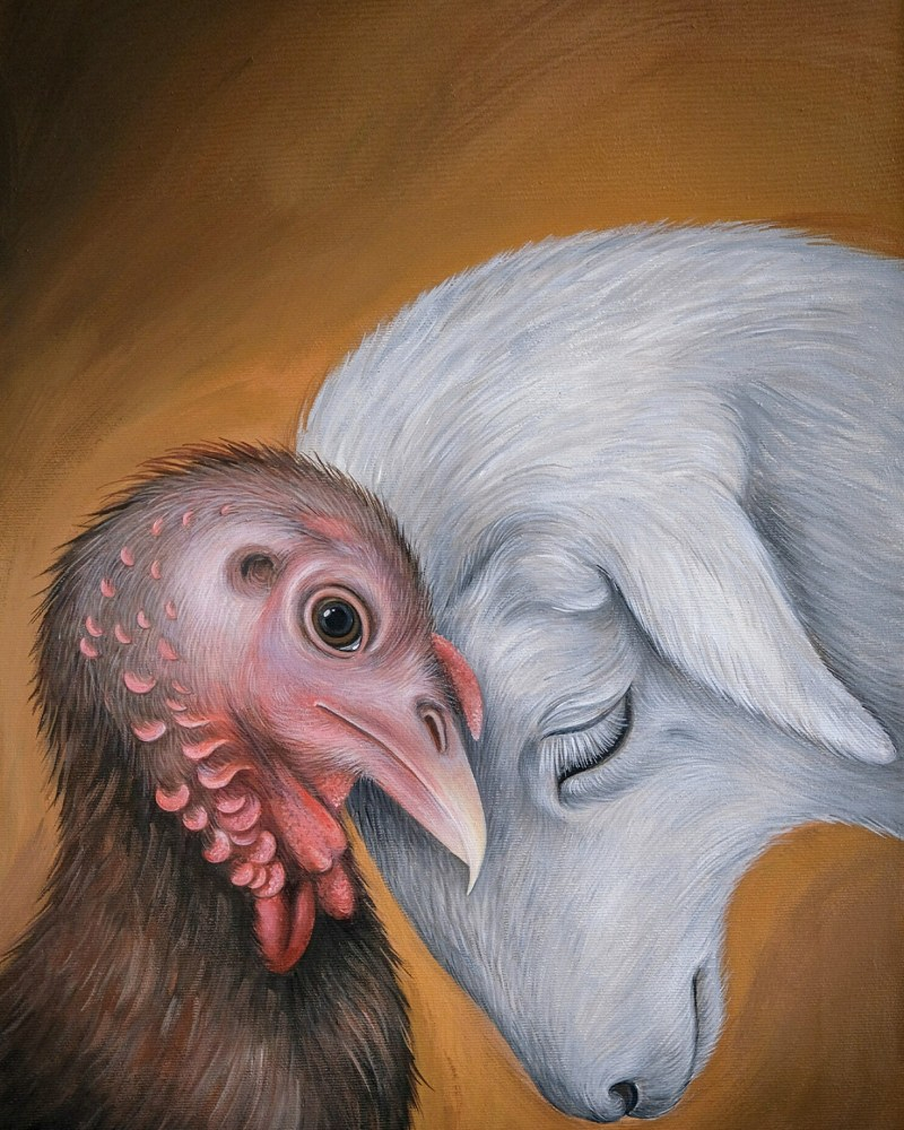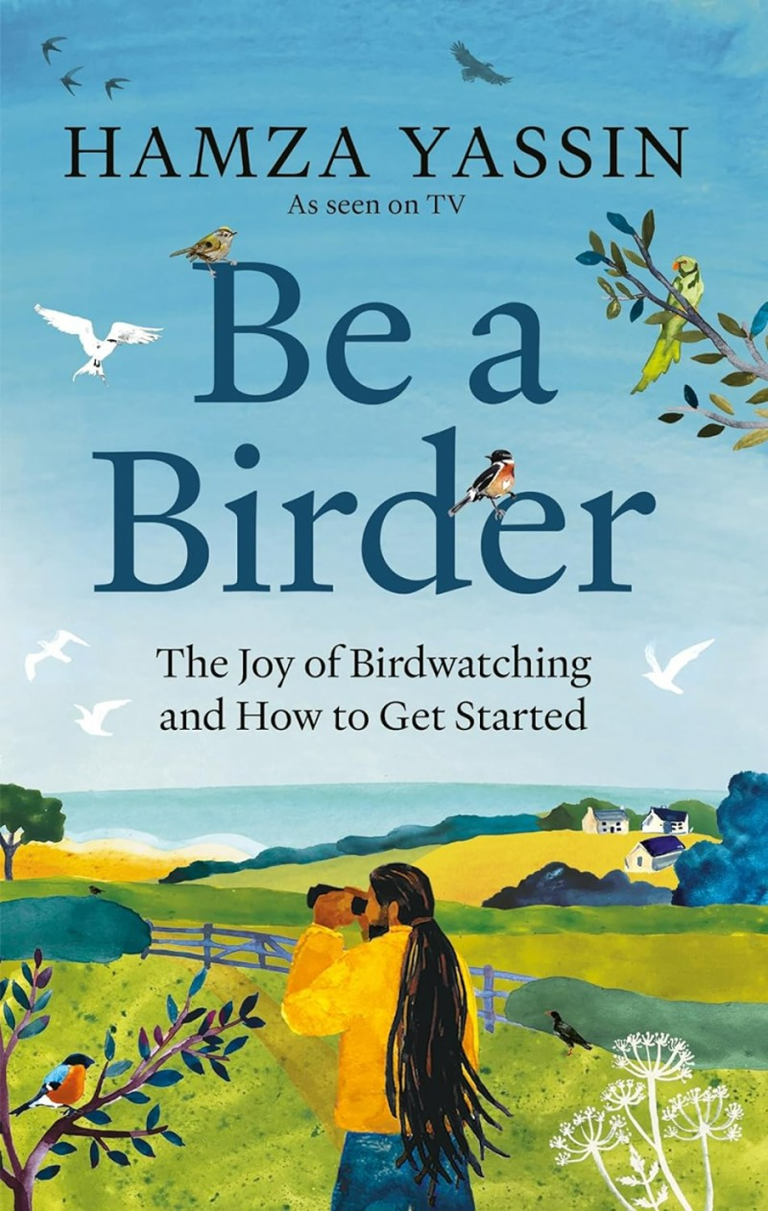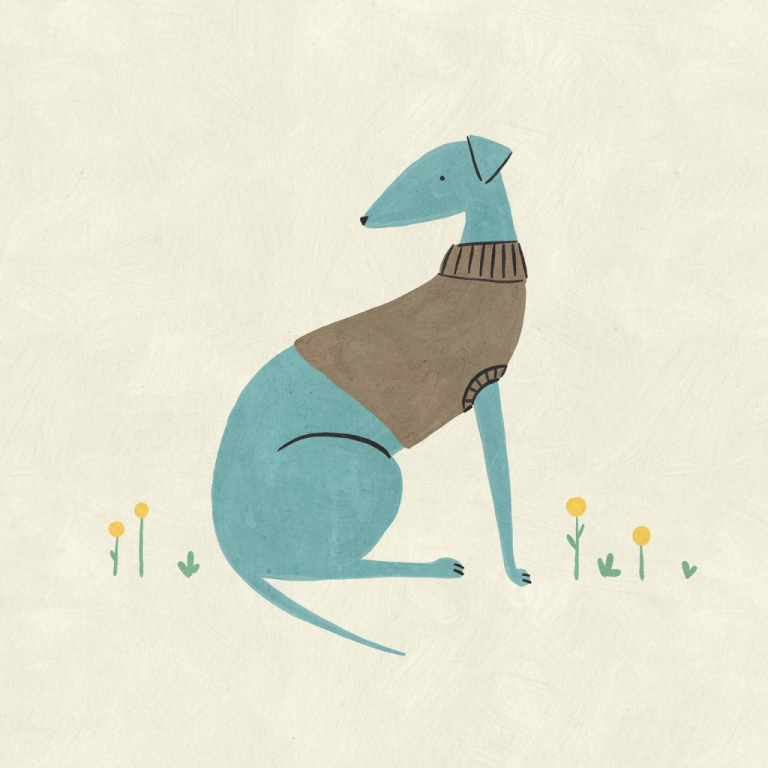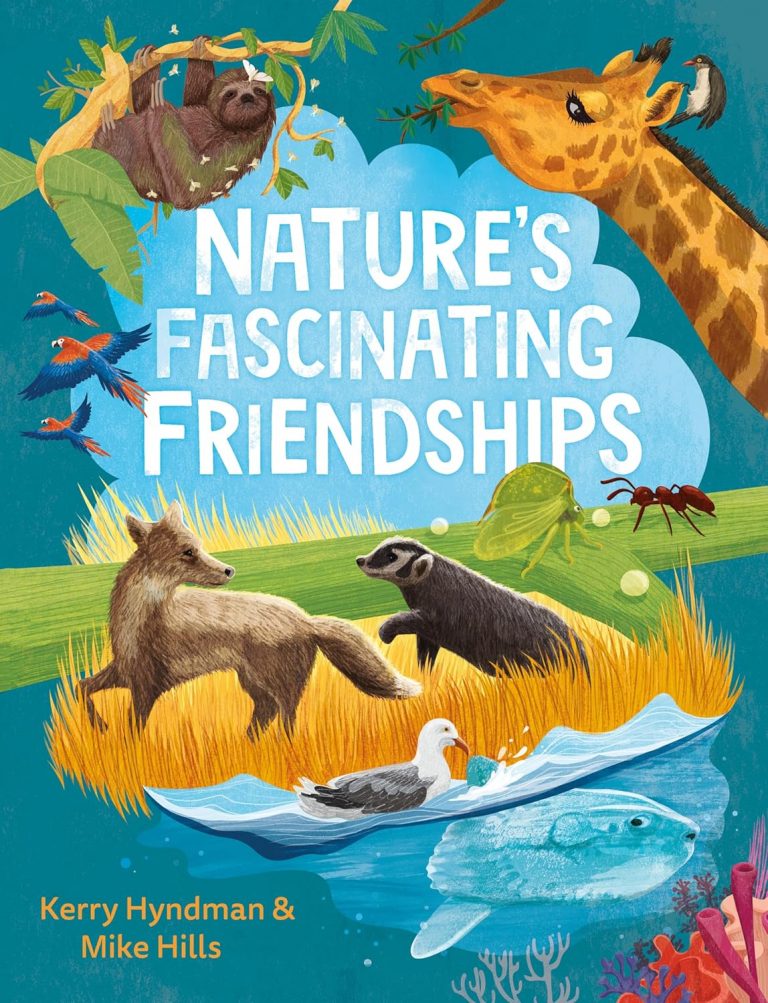
Recently in the UK, Rishi Sunak reversed one of the good things that Boris Johnson did as Prime Minister, and scrapped one of the most forward-thinking animal welfare package of laws ever seen.
Whatever your views of him, Tory MP Zac Goldsmith resigned saying he was ‘horrified that the kept animals bill has been ditched’.
RSPCA and British Veterinary Association were also appalled, as the Bill would have tackled puppy smuggling, banned import of dogs with cropped ears and reviewed zoo standards.
Advocates for Animals is the first UK law firm that works with individuals, animal groups and activists on a wide range of legal areas, to enforce and protect animals.
A-Law has lots of free info onsite, collectively run by volunteer lawyers.
These organisations are similar to the USA’s Animal Legal Defense Fund whose attorneys specialise in helping animal legal cases, and also work to improve animal welfare laws.

Animal Welfare Party may not be the best-known of our political choices, but it’s been around for quite a few years, and even has a few local councillors.
It’s a fringe party (so won’t ever be the government) but abroad, elected MPs have managed to create national policy changes to help our fellow species.
In fact, it’s quite strange that countries abroad have had more political success than in England, where we are famed for being batty about all animal friends.

The party does have some other social and environmental policies. But in a nutshell, the main ones are the obvious:
- Having a cabinet department and minister for animal welfare
- Ending all factory farming (including fish farms)
- Using Co2 gassing to stun farmed animals (more humane – it’s okay for Muslims and Jews to be vegan, so banning religious slaughter would not go against religious beliefs).
- Compulsory licensing and breed legislations for pets
- Ending the sale of pets in shops (and the exotic pet trade)
- Introducing animal protection to school curriculums
- Increasing penalties for animal abuse
- Closing all ports & airports to stop animal trafficking
- Ending the commercial racing of dogs & horses
- Taking tougher action on wildlife crimes
- Ending the badger cull and all ‘recreational’ hunting
- Working to make our roads safer for wildlife
Celebrity supporters of Animal Welfare Party include:
- Dr Brian May (Queen guitarist and badger welfare campaigner)
- Twiggy (ex model and actress)
- Dr Jane Goodall (primatologist)
- The (late) poet Benjamin Zephaniah

Leader Vanessa Hudson is a media producer/director who is also a keen vegan runner and has lived abroad in Australia and Hong Kong.
She says we should look to the fair voting systems abroad to show what can be done, and calls on younger people especially to join her in trying to change the voting system, so they can get more MPs, like abroad.
Deputy leader Jane Smith is a former town councillor and psychologist, who runs the Cheshire group of Compassion in World Farming.
She has successfully campaigned for her local town council to become the first to ensure wildlife tunnels and native hedges must be in place for new planning projects, and also worked to secure an official toad crossing, an end to a local badger cull and a ban on goldfish being given as fairground prizes in the town.
Not just campaigning for animals, she also lobbied to help settle Syrian refugees in the area, and secured funding for a burial site to be protected and re-planted with native woodland trees.
Animal Welfare Political Parties Abroad

New Zealand has joined many other countries, in launching its own animal welfare party. Animal Justice Party has been launched to help create a more compassionate and just society for all animals, through promoting ethical treatment and better legal protection of all species.
From campaigning for humane research to banning animals being exploited for entertainment, the party also wants the government to create a Commissioner for animals, a simple initiative that could do huge amounts of good.
This law is also supported by organisations across New Zealand who work on the frontline of animal welfare, and are sometimes powerless to act, due to inadequacies in the law, in a country known for its higher animal welfare standards than most other countries.
An independent Commissioner for Animals would be able to propose legislative changes and enforcement, where basic requirements were being ignored or compromised.

Australia’s Animal Justice Party campaigns for tougher animal protection laws, and increased penalties for abuse.
The manifesto includes recognising all animals as sentient beings, promoting plant-based diets, outlawing international use of animals for sport, exhibition and ‘entertainment’ and outlawing research and experimentation, and promoting human research.
The party’s MPs have secured millions in funds for domestic abuse victims to find safe havens with pets, and to stop cruelty in many industries.
Candidate Bronwyn just introduced legislation to ban live exports (recently animals ‘cooked alive’ on a stranded ship, then those surviving had to endure a second trip). She also plans to improve animal cruelty prevention laws and protect national wildlife.

Young MP Georgie Purcell MP is a colourful character. She paid her way through college working as a stripper and pole dancer, to take a double degree in law and communications/politics. She has had a lot of media airtime, but says her background means she’s good at dealing with very difficult people!
She met her husband at a protest against live animal exports, and is shaking up the establishment in Australia. More power to you, Georgie!
Why Did MPs Abandon Animal Welfare Bill?
No matter what you thought of him (and for most of us, that was not a lot), one of the few brilliant things that Boris Johnson did while Prime Minister, was create and try to pass through the Kept Animals Bill.
The name does not sound good, but it was the biggest package of animal welfare changes in modern history.
It would have banned puppy mills, imports of trophy hunting and made stronger penalties for those who abused animals.
It would have included new measures to tackle livestock worrying, banned import of ill dogs for breeding and banned keeping primates as pets. Even game birds (pheasants), llamas and ostriches would have been given greater protection.
Then Rishi Sunak got rid of it, before it even came into law. Now there is an Animal Sentience Committee instead (talking around a table).
Even Conservative MP Andrea Jenkyns launched an online petition, urging him to rethink dropping the bill, something that all the major animal welfare charities are appalled at.
The Bill was dropped with just 5 more hours to debate, before it would have gone to the House of Lords for approval.
These dropped animal welfare pledges could be pivotal, when assessing the UK government’s page in the history books.
From ending the live export of animals to dealing with pet theft and stopping the import of dogs with cropped ears, there’s so this government promised, which has sadly found its way onto the Whitehall scrapheap. Emma Slawinksi (director of policy RSPCA)
Yet the strange issue is that Rishi Sunak is a devout Hindu, a religion that is known for being kind to animals. He made history when using the Bhagavad Gita (over the Bible) to be sworn in, and has told journalists that his deep faith guides his every decision as Prime Minister.
If you’ve ever done yoga, you’ll know that the main doctrines of the faith are ahimsa (do no harm) and karma (all living beings should be treated with respect, as Hindus believe in reincarnation for their actions in this life).
The Animal Welfare (Livestock Exports) Bill was introduced in December 2023, following the colossal betrayal to animals with the scrapping of the Kept Animals Bill.
This new Bill solely focuses on a ban on live export of large animals for fattening and slaughter. But the Bill has holes as they will still be allowed to be live exported for breeding. Animal Justice Project
Support Animal Welfare Political Parties

All the major political parties have MPs who are focused on animal welfare (and The Green Party has some good policies).
Whereas in England, ‘fringe candidates’ are often not taken seriously, in The Netherlands, Party for the Animals has six MPs and many local councillors. This has led to national law changes, showing what a difference cane be made.
The party even has its own PINK! youth movement. Can you imagine that here? A party for animal welfare in parliament, with youth leaders making changes to policy? Recent policy success include:
- A ban on the import of calves
- Restrictions on hunting wild animals
- Reduction to help stop duck farming
- No more agricultural toxins
- Requesting an animal welfare minister
Co-founder Marianne Thieme writes that when the party was first created, they were laughed at, with critics asking ‘what next – a party for bicycles?’ But the party has done great work, proving the old adage ‘first you laugh at them, then you ignore then, then you get angry – and then you join them!’
Animal Welfare Party is the UK political party, which also focuses on policies to help the environment.
The manifesto includes redirecting subsidies from livestock and fisheries to plant-based agriculture (the transfarmation project is a good example, funding financially-struggling livestock farmers with the resources and training to join the profitable local oat-milk market, leaving animals to live out their lives in peace).
Other policies include:
- Promoting plant-based agriculture
- Ending live slaughter
- Ending slaughter without stunning
- CCTV for all abattoirs
- Phasing out factory farming
- Replacing animal experiments with humane research
- Strengthening laws for the pet trade
- Increasing penalties for animal abuse
Even if you’re not into ‘joining things’ you can help by voting for local candidates in council elections, and buy an organic cotton t-shirt (made with green energy) to spread the word!
TheyWorkForYou is a fantastic open-source website (so anyone worldwide can use the software to create a similar site).
Enter your postcode to find how your MP is and how he/she has voted on animal welfare policies. Other countries with thriving animal welfare political parties include:
One of the penalties for refusing to participate in politics, is that you end up being governed by your inferiors. Plato
World Federation for Animals
World Federation for Animals has an extensive library of policy suggestions, brought together by over 60 organisations embarking on a journey to ensure animal welfare is part of political, financial and business policy worldwide.
From helping animals involved in the food and fashion industries to looking at biodiversity and environmental issues, it covers everything from endangered species to marine creatures.
Chief Executive Officer Dr James Yeates was previously CEO of Cats Protection and the RSPCA’s Chief Veterinary Officer, and has advised UK MPs on animal welfare.
The Olsen Animal Trust is a wonderful organisation that supports many animal welfare projects both in England and abroad.
Inspired by helping to rescue a French circus lion (who with another lioness rescued from a Romanian zoo spent their final years shown compassion at a wildlife sanctuary, this family charity is a great place to find authentic projects to support.
Switzerland’s Strict Animal Welfare Laws

One of the (very few) good things that Boris Johnson did while in power, was to bring in a Kept Animals Bill, a ground-breaking piece of legislation, which would have made pet welfare and other laws more stringent, and banned trophy hunting imports. But before it came to pass, Rishi Sunak took over, and scrapped it.
Labour is apparently bringing back parts of the Bill but bit by bit, and more slowly. Read more on improving England’s animal welfare laws.
We can instead learn from Switzerland. It’s not perfect, but his beautiful country has very strict animal welfare laws. There are such good spaying/neuter programs that many people have to go over the border to adopt pets, as there are not as many homeless pets. And it’s the law that if you have pets, you must take a course to look after them, including giving regular walks, twice daily. Read our posts on pet welfare.
The greatness of a nation and its moral progress, can be judged by the way its animals are treated. Mahatma Gandhi
What Sets the Bar So High?
Swiss politics works very differently, with a panel (rather than one Prime Minister) and regular referendums, that go the public. Switzerland’s animal welfare laws rank among the toughest in the world, shaping how pets live, how farms operate, and how food reaches the table.
These rules matter for more than compassion alone. Strong welfare standards reduce suffering, support public health, and build trust in food systems. They also reflect a national belief that animals deserve protection as sentient beings, not just as property or products.
At the heart of the system sits the Federal Act on Animal Protection, updated in 2008, with detailed ordinances that cover daily care, housing, transport, breeding, and slaughter. The law is clear, practical, and backed by real consequences for those who break it.
Elements of Swiss Animal Welfare Laws
Swiss law rests on a simple principle: animals must not be made to suffer needlessly. This principle drives a wide set of rules and standards that apply across species and sectors.
- Cosmetics and testing: Cosmetic testing on animals is not permitted. Switzerland aligns with European practice, which rejects cruel testing for beauty products. It’s also illegal to sell animal-tested cosmetics in England, but some companies still abroad (and Botox is tested on mice).
- Strict controls on intensive farming: The law sets minimum space, light, ventilation, and flooring standards. Farm animals must be able to stand up, lie down, turn around, and express normal behaviour. Pigs need dry, comfortable lying areas and materials for rooting. Cattle require enough room to rest and socialise.
- Pain relief and procedures: Painful procedures, such as castration or dehorning, are tightly regulated. Pain relief is mandatory, and only trained persons may carry out such procedures. Routine mutilations that serve convenience, not welfare, are banned. In England, this only happens on certified organic farm.
- Housing and enrichment: Animals need appropriate bedding, social contact, and environmental enrichment. Hens must have perches and nesting areas. Rabbits require platforms and places to hide. The goal is not just survival, but welfare.
- Transport and slaughter: Transport times are limited, stress must be reduced, and handlers must be trained. Stunning before slaughter is compulsory, including for religious slaughter. Domestic slaughter without stunning is illegal. Not so in England, despite it being okay for Muslims and Jews to be vegan or vegetarian within their religions.
- Applies to all animals: The law protects companion animals, farm animals, wild animals in captivity, and animals used in research. Guardians and keepers carry a clear duty of care.
- Penalties with bite: Violations can lead to fines of up to 20,000 Swiss francs, higher in serious or repeated cases. Authorities can impose bans on keeping animals and pursue criminal charges where cruelty is proven.
These elements produce a coherent framework: prevention of suffering, promotion of natural behaviours, and accountability backed by enforcement.
Protections for Pets and Companion Animals
Swiss rules for pets focus on daily wellbeing, not just avoiding cruelty.
- Identification and registration: Dogs must be microchipped and registered in the national database. This supports traceability, responsible ownership, and faster reunions if a dog goes missing.
- Bans on cosmetic mutilation: Tail docking and ear cropping are banned for dogs and many other species. These procedures cause pain and serve no welfare purpose.
- Breeding limits: Breeding is restricted where it risks inherited suffering. Extreme features that impair breathing, walking, or vision are not allowed. The authorities can ban or restrict breeding lines when health is at stake.
- Exercise and social contact: Dogs need daily outdoor exercise and social interaction. Guardians must give time, stimulation, and a safe environment. Keeping a dog alone in poor conditions breaches the law.
- Veterinary care: Guardians must provide timely vet care. Neglect, such as untreated injuries or chronic hunger, can lead to prosecution.
- Housing basics: Pet housing must protect from heat, cold, and hazards. Rabbits need space and hiding places. Cats need access to scratching and climbing. Small pets cannot be kept in cramped, barren cages.
Regulations for Farm Animals and Agriculture
Switzerland sets detailed standards for livestock that shape how farms design housing and manage daily routines.
- Space and comfort: Minimum space is defined by species and weight class. Cattle need clean lying areas and room to turn and rest. Pigs must have dry bedding and room to move. Flooring must avoid injury and allow natural postures.
- Hens and housing: Conventional battery cages are banned. Hens need perches, litter for dust bathing, and nesting boxes. Many farms use aviary or free-range systems that support more natural behaviour.
- Outdoor access and daylight: Stock benefit from natural light and fresh air. National programmes encourage regular outdoor access and animal-friendly housing, and many farms join these schemes to raise standards above the legal floor.
- Handling and procedures: Routine tail docking of pigs and similar practices are restricted. When a procedure is necessary, trained personnel must use pain relief.
- Transport and slaughter: Farms and abattoirs must reduce fear and pain. Stunning is compulsory. Staff must be trained and certified. Equipment is checked and maintained to prevent suffering.
These rules support higher welfare while guiding farmers with clear, practical benchmarks. Consumers gain confidence that food is produced with respect for animals.
How These Laws Benefit Animals and Society
Stronger laws deliver real outcomes for animals and people.
- Better animal health: Animals kept with space, clean bedding, and enrichment show lower stress and fewer injuries. Proper handling and pain relief reduce trauma and chronic pain.
- Lower cruelty rates: Clear duties, oversight, and penalties deter neglect and abuse. Enforcement powers allow authorities to act fast when animals are at risk.
- Food quality and safety: Healthier animals often mean safer, more consistent products. Reduced stress and injury at slaughter improve meat quality and reduce waste.
- Environmental gains: Animal-friendly housing and outdoor access programmes often link with better manure management and pasture use, which can support soil health and biodiversity.
- Public trust and values: People support systems that match their ethics. Switzerland’s stance signals that compassion ranks alongside quality. This reputation supports tourism and strengthens national identity.
- Comparison with neighbours: The UK and EU may set welfare rules, but Switzerland often goes further on space, handling, and slaughter standards, and applies these rules across species with fewer loopholes.
Global Influence and Lessons for Other Nations
Switzerland’s model shows that detailed standards, training, and enforcement can work together. Animal protection groups often cite Swiss law when pressing for reforms abroad, from bans on cosmetic mutilations to mandatory stunning at slaughter.
Practical lessons for policymakers:
- Define minimum space and enrichment by species, not vague guidelines.
- Require pain relief for any procedure that can cause suffering.
- Make transport and slaughter rules clear, with training and certification.
- Create penalties that matter, including bans on keeping animals.
- Support farmers with incentives to exceed the legal floor.
Ways readers can help push change at home:
- Back campaigns for mandatory stunning and better housing standards.
- Choose higher welfare labels and ask retailers for transparency.
- Support shelters and charities that drive education and enforcement.
- Write to local representatives with concrete policy asks, such as microchipping, bans on cosmetic mutilation, and stronger breeding rules.







